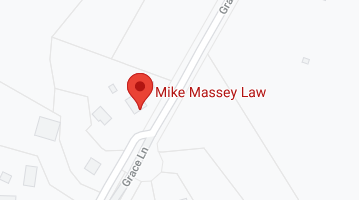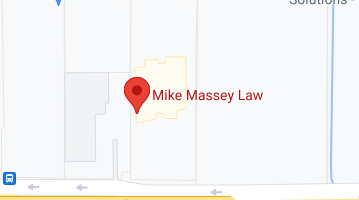Houston Trusts Attorneys Customizing Plans for Our Clients Throughout Texas
While there is no tried and true formula that gets you the best estate plan in the world, many estate plans implement multiple strategies and legal documents to ensure their estate’s prosperity and protection in the future. Of all of those strategies and legal documents, trusts can be one of the most versatile and beneficial tools you can use during estate planning. While trusts can be a lot more difficult to understand and complex to implement, it may be worth your while to consider putting together a trust for your estate.
We like to take out the hassles and frustrations when it comes to estate planning and trusts. We can assist you by talking through all of the estate planning options you have at your disposal and how each type of trust can work for you and your family. Call us today at 713-489-7360 for more information about our team of estate planning lawyers and how we can help you with setting up a trust for your estate plan.
What is a Trust?
In the simplest terms, a trust is a legal document that is governed by the terms of the trust. Typically, we create living trusts (also known as revocable trusts, family trusts, and revocable living trusts). The person setting up the trust is the trustor (also known as grantor) and that same person is typically the trustee. If you’re married and doing a joint trust, then you’re typically co-trustees and co-trustors. While you’re alive and have the capacity, you manage the trust. If you become incapacitated or choose to no longer be the current trustee, then the successor trustee (or trustees, as the case may be) would step in to manage the trust. The trustee has the duty of abiding by the terms of the trust with respect to property management and distribution. Many people like the potential advantages of a trust over a Will which may include privacy, avoiding the courts and probate hopefully, and administration. Living trusts can also be a very effective tool if you own multiple real estate properties, have out-of-state real estate, or if you own an LLC.
If you intend on leaving an inheritance to a younger grandchild, you may want to wait until they are a certain age to receive that inheritance. Trusts can have these stipulations put in place to ensure your estate is optimized in the future. On top of disbursements to beneficiaries following your death, you may be able to maximize the tax benefits of your estate by placing all of your assets in a trust. Trusts are managed by a designated trustee. You can be the trustee of your trust while you are living and can designate a successor trustee for whenever you pass away. Talk with one of our Houston Personal Injury Lawyers today to help you navigate through the benefits of creating a trust for your estate plan.
Are All Types of Trusts the Same?
There isn’t an all-encompassing trust that optimizes every single aspect of your life. However, there are individual trusts that each work towards achieving a specific goal, whether it be avoiding probate, asset protection, incapacity planning, and more. These are the common types of trusts available for those interested in implementing one into their estate plan:
- Irrevocable trust
- Revocable trust
- Asset protection trust
- Marital trust
- Testamentary trust
With so many types of trusts to choose from, it may be intimidating to plan, especially if you don’t know where to start. Our team of estate planning and trusts attorneys can help clarify what each type of trust can do for you and your family.
Do I Really Need a Trust?

Trusts can be powerful legal tools that can help you ensure your family is protected while you’re still here and long after you pass away. From protecting your family from liabilities like creditors seeking payments to optimizing and reducing the amount of taxes they may need to pay for your estate after you pass away, there are many obvious benefits that can help your family when they need it the most. Please note the typically living trusts, generally speaking, don’t offer tax advantages or creditor protection while the trustor is still alive. Consider reaching out to our law firm today to receive easy-to-understand advice about how a trust can help you going forward.
What Steps Can an Estate Planning Lawyer Take to Make My Life Easier?
With so many choices to pick from, it is understandable that estate planning can be overwhelming for you. That is why we are here to help. We listen closely to the needs of our clients to ensure we pinpoint them in the right direction when it comes to creating an effective trust for their estate plan. Reach out to us at your convenience by calling 713-489-7360 and get started on an estate plan that fits your needs.


 512-400-4430
512-400-4430 mike@mytxwills.com
mike@mytxwills.com




